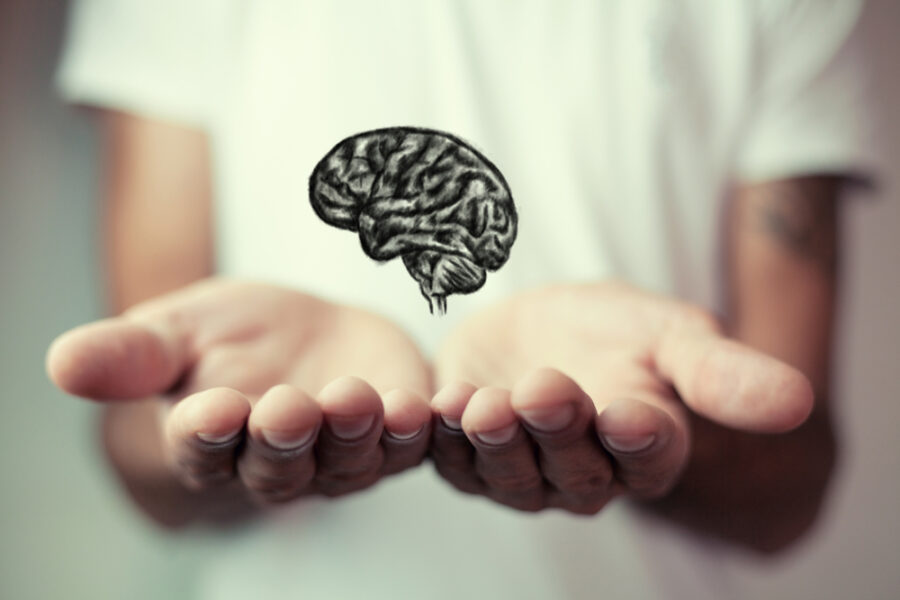Are you ready for some real talk about narcissists? Whether you’ve had a personal encounter or are simply curious about the intricacies of narcissistic behavior, we’ve got all the insights you need.
Signs of a Narcissistic Behavior
The signs of a narcissistic behavior can be difficult to spot, as people with such personality are often very charming and good at hiding their true colors. However, there are some telltale signs that you may be dealing or arguing with a narcissist:
- They are always the center of attention and need constant validation from others, even during disagreements.
- They have an inflated sense of self-importance and think they are better than everyone else, which can make arguments particularly challenging.
- They are always trying to one-up others and put them down in order to feel superior, even within the context of a disagreement.
- They have a sense of entitlement and expect special treatment, even when engaged in a debate or argument.
- They take advantage of others for their own gain, which can be a manipulative tactic during arguments.
- They lack empathy and compassion for others, making it difficult for them to understand your perspective during an argument.
- They are manipulative and controlling, often using these tactics to steer arguments in their favor.
- They are often jealous and envious of others, which can lead to additional tension and hostility.
The Damage Narcissists Can Cause
Everyone knows narcissists are hard to handle and here are some ways they could affect your mental health:
1. They question you.
The insidious nature of Narcissistic Personality Disorder is that it makes sufferers continuously doubt themselves. If a narcissist makes you doubt your judgment, they’re harming your mental health.
2. You’re gaslighted.
A gaslighter is an emotional abuser who makes the victim doubt their recall and interpretation of events. This can be perplexing, and disturbing, and make victims question their sanity. If a narcissist says or does something that makes you doubt your memory, they’re gaslighting you.
3. They lower self-esteem.
Narcissists influence others by destroying their self-confidence. If a narcissist makes you doubt your abilities or feel unworthy, they’re harming your mental health.
Strategies for Dealing with a Narcissist
When dealing with a narcissist, take mental health seriously. The behavior of this person can erode your self-esteem. So here are some ways to help you copie with narcissists:
1. Define limits. Setting limits with a narcissist helps them understand proper behavior.
2. Avoid their game. Narcissists are masters at mind games. Do not fall for it or play their game.
3. Stay calm. Dealing with a narcissist can be challenging, but staying calm is important.
4. Defend yourself. Stand up to narcissists who try to make you feel awful.
5. Get expert help if needed. If you’re having trouble dealing with a narcissist, talk to a therapist or counselor.
Conclusion
Identifying whether someone in your life is a narcissist or not is essential, and any interactions should be handled with extra caution. Taking time out for yourself and creating healthy boundaries are key elements of protecting your mental health from any effects of narcissism. Being aware that this kind of behavior requires special attention, and as much as you can, get a professional to help the person out.
